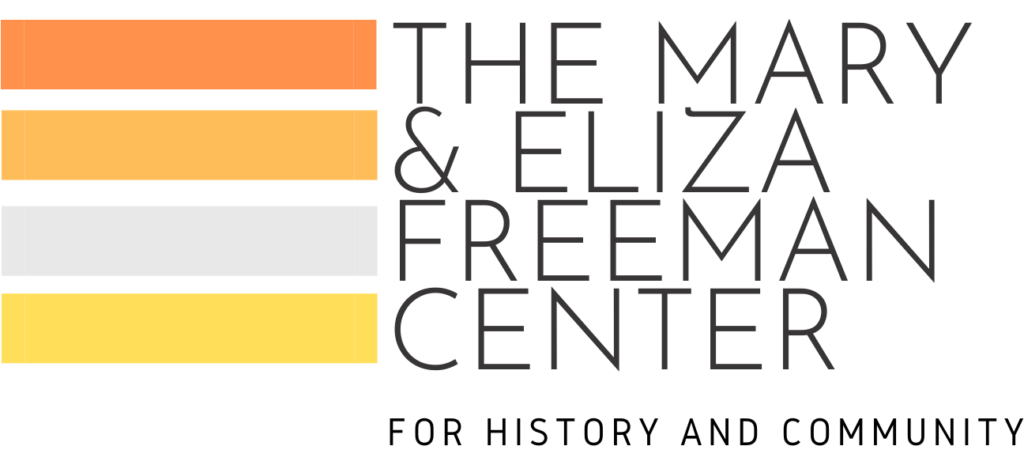Mary and Eliza Freeman Center for History & Community

Mary & Eliza Freeman Center for History and Community and Its Mission:
The Mary & Eliza Freeman Center for History and Community is a 501(c)(3) nonprofit based in Bridgeport’s historic South End. It owns and is restoring the Mary and Eliza Freeman Houses (circa 1848)—the last two surviving homes of “Little Liberia,” a thriving free Black community—now listed on the National Register of Historic Places. Its mission is to preserve these architectural landmarks, teach Connecticut’s African American history, revitalize the local community, and empower historically marginalized voices.
Little Liberia: A Legacy of Freedom, Enterprise & Community
“Little Liberia” (originally known as Ethiope) emerged around 1821 as a settlement of free people of color, Native Americans, and Haitians. It featured the state’s first free lending library, schools, fraternal organizations, businesses, and even a seaside hotel for affluent Black visitors . The Freeman sisters—Mary and Eliza—were trailblazing entrepreneurs; by mid‑1800s, Mary was among the wealthiest residents in Bridgeport, second only to P.T. Barnum . Their homes now stand as silent witnesses to a rich cultural and African American legacy.
The Freeman Houses: Symbols of Heritage & Resilience
Built in 1848, the two historic homes are the only remaining buildings on their original foundations from the original Little Liberia community. One is crafted in Greek Revival style and the other in Italianate style, providing rare architectural insights into free Black life in mid-19th-century Connecticut. The houses offer unique educational and archaeological opportunities, central to future museum, research, and community uses.
Preservation in Action
After decades of vacancy and decay, the City of Bridgeport transferred ownership of the houses to the Freeman Center, supported by grants—including from the National Trust for Historic Preservation and Community Development Block funding—to stabilize and restore the properties. The Center plans to transform them into a joint-house museum, education hub, digital research center, and heritage-driven community space.
A Beacon for Preservation & Equity
The Freeman Center’s work intersects historic preservation with social justice. It holds the distinction of being one of Connecticut’s first “Sites of Conscience” and was cited by the National Trust as one of the “11 Most Endangered Places” in 2018. It strives to promote “preservation-based equitable development,” nurturing pride, healing, and cultural continuity in the South End.
This site is open to the public.
Learn More
Contact
Opening hours
By Appointment Only
Due to Covid-19

